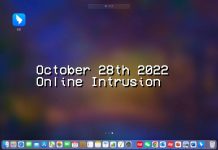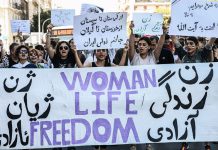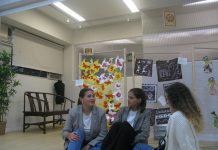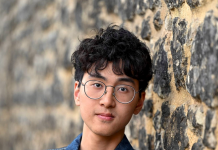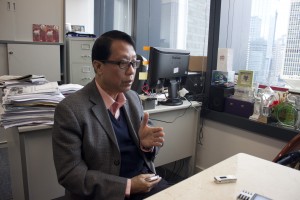
Cheung Kwok-che, a legislator from the social welfare sector, uses a Chinese idiom to describe the health care vouchers as “chicken ribs”, something that is tasteless but a waste to throw away. “It cannot solve the problems we want to solve,” explains Cheung. “But it is a waste if you abandon it, that’s $250.”
According to Cheung, the lowest price of a consultation at a private clinic is $180 in public housing estates. In some districts the fee may reach $250 or higher. Some specialist clinics charge triple that.
However, Cheung says the idea of the scheme is a good one. “Medical vouchers provide the elderly with an extra option,” Cheung says.
Apart from the low value of the vouchers, another problem faced by the elderly is the limited number of enrolled health care service providers who will accept them.
There are more than 6,000 doctors in private medical practice in Hong Kong, but at the end of 2010, there were fewer than 2,800 medical service providers who accepted vouchers. Of these just over half were doctors of western medicine.
Dr Wong Wai-hong, a specialist in geriatrics who owns a clinic in Tsuen Wan, joined the scheme because he thinks it is especially helpful for the elderly on low incomes.
However, he says some health care providers might not adopt the scheme because it is not particularly profitable and they do not regard the elderly as a big source of their income.
What is more, Dr Wong says the administration process is complicated and time-consuming. The elderly are not given physical vouchers and the whole process is carried out online. It takes Wong two to three minutes to complete the process.
He says that for some doctors who are not comfortable with using computers, the phone system would be even more complicated. Many of them would give up being part of the scheme.
Another consequence of not having physical vouchers is that providers have to confirm the number of vouchers to be used every time and the patient has to sign a consent form. Dr Wong finds it difficult to explain the process to his elderly patients.
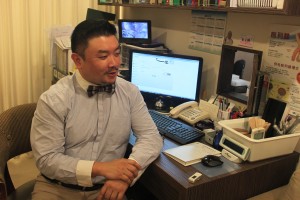
He says some of them have poor memories and would forget the number of vouchers they had already used. When he checks their records for them, they sometimes suspect him of lying. It takes a lot of time to convince them.
Other times, arguments can ensue over payments. When Dr Wong charges $190 for the medical fee, he tells the patients they can use three $50 dollar vouchers and pay the remaining $40 in cash. He says some of his elderly patients cannot understand why they are being asked to make up the difference and he has to explain to them.
Another problem is that it is hard for the elderly to identify voucher service providers in the first place. Providers display a green label in an easily-visible place and there is also a list of the providers on the government Health Care Voucher webpage. But it is still hard for many elderly to identify the clinics, let alone check for them online.






